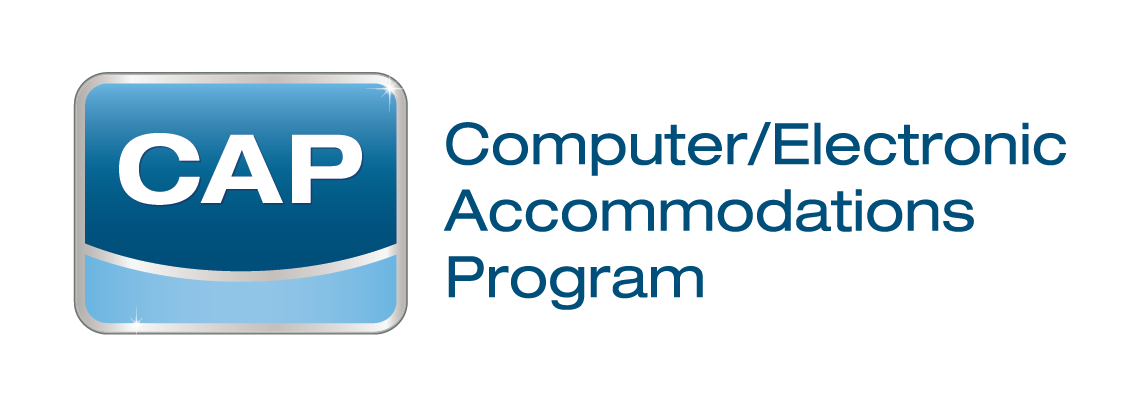Cognition
Cognitive conditions affect thinking, memory, and focus. Examples include dyslexia, attention deficit hyperactivity disorder (ADHD), multiple sclerosis, stroke, Alzheimer’s, post-traumatic stress disorder (PTSD), and traumatic brain injury (TBI). Challenges may involve memory loss, poor concentration, disorganization, or difficulty with language and orientation.

Attention/Focus
Attention/focus aids assist individuals with cognitive limitations by reducing background noise and enhancing computer or device sounds, enabling them to stay on task and complete essential job duties.

Memory
Memory aids assist individuals with cognitive limitations recall tasks, appointments, and steps, providing alternative ways to stay organized and complete essential job duties.

Organization
Organization aids assist individuals with cognitive limitations by using digital tools, instructional materials, and software to improve organization, memory, and task management.

Read and Writing
Reading and writing aids assist individuals with cognitive limitations by reading text aloud, suggesting words, and improving grammar and sentence structure to support essential job tasks.

Visual Comprehension
Visual comprehension aids assist individuals with cognitive limitations by presenting digital information through multisensory output, mind mapping, and built-in dictionaries to support essential job tasks.

